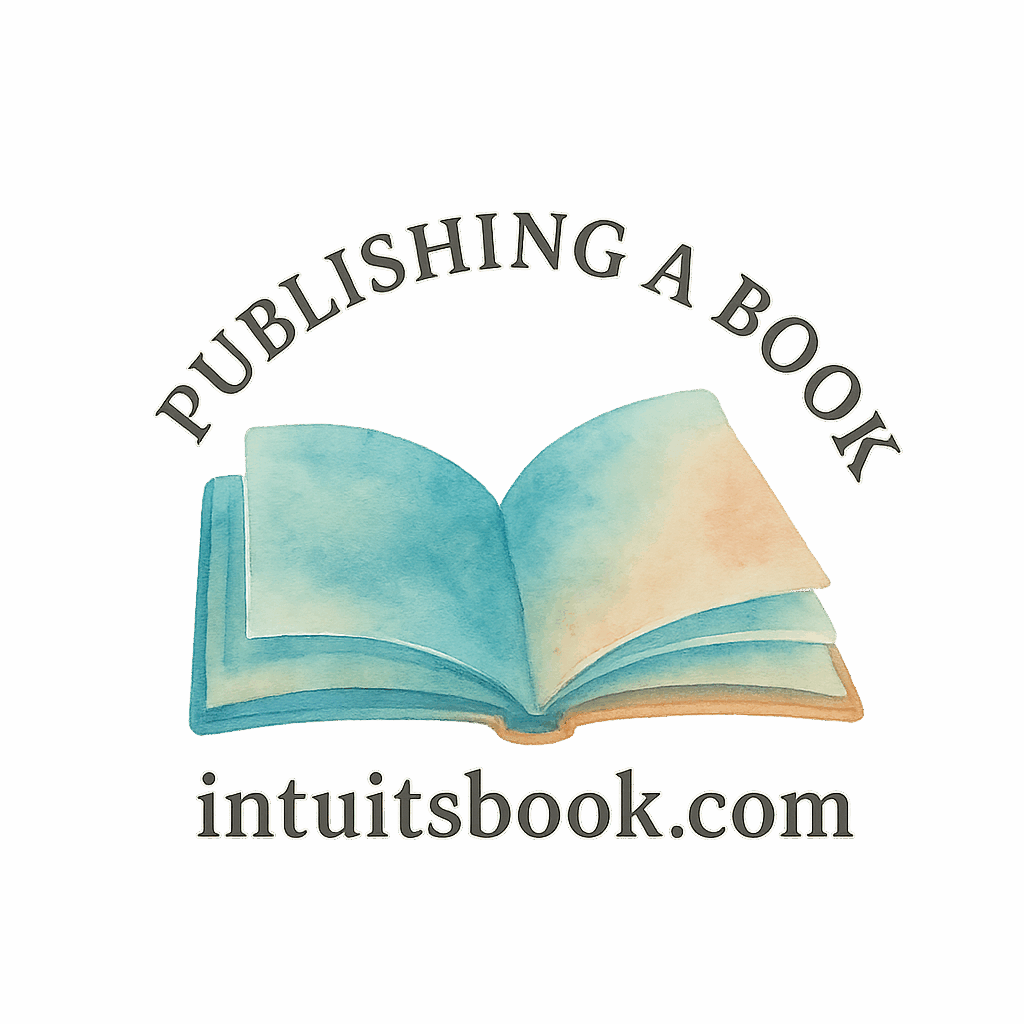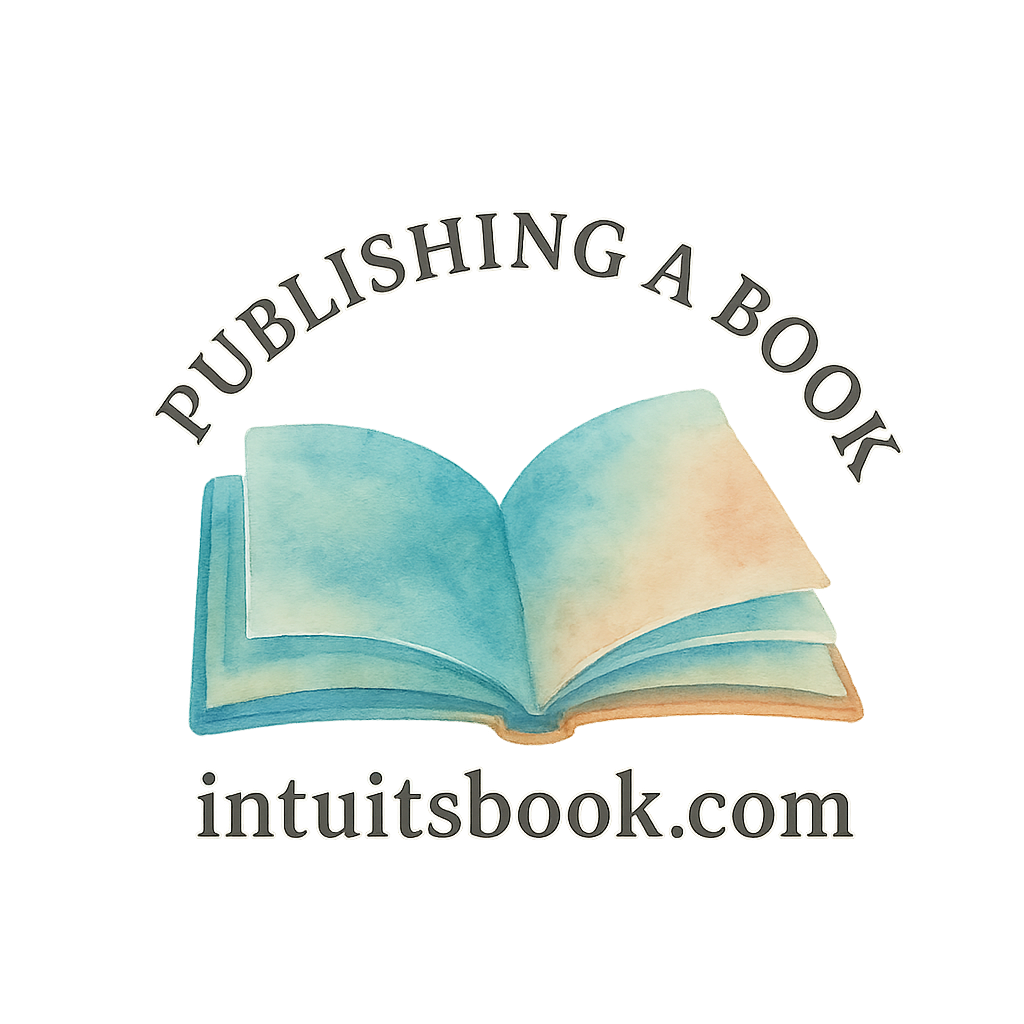Writing a book is a dream shared by millions—but finishing one? That’s where the real challenge begins. Fortunately, technology is here to give writers a helping hand. Whether you’re plotting your next bestseller or typing your very first draft, having the right set of tools can make your writing journey smoother, faster, and way less stressful.
In this post, we’ll explore 5 tools every author needs to write a book, plus a few bonus recommendations to help you level up your craft. And yes, we’ll sprinkle in some top resources from IntuitsBook to guide you every step of the way.
Why the Right Tools Matter for Authors
Let’s face it—writing a book isn’t just about stringing words together. It’s also about organizing ideas, managing time, editing ruthlessly, publishing smartly, and promoting like a pro.
That’s where tools come in. They’re like your writing sidekicks, helping you:
- Capture spontaneous book ideas
- Organize messy chapters
- Catch grammar mistakes
- Format your manuscript for publishing
- Market your masterpiece to the world
If you’re still figuring out how to start your writing process, the tools below will make that process way more manageable.
Tool #1: Writing Software
Scrivener: The Ultimate Writing Environment
Scrivener is a powerhouse. Think of it as the Swiss Army knife of writing software. You can plan, organize, write, and even format your book—all in one place.
- Drag-and-drop scenes
- Keep notes, research, and chapters side by side
- Set daily word count goals
- Perfect for fiction and nonfiction authors
Scrivener’s biggest flex? It helps you think like a book writer.
Want to master the manuscript steps? Scrivener is your best friend.
Google Docs: Free and Cloud-Based Simplicity
Don’t want to spend money just yet? Google Docs is your go-to. It autosaves everything, allows real-time collaboration, and works from any device. Perfect for beginners or authors working with editors remotely.
Pair it with writing tips from the pros and you’re golden.
Tool #2: Idea Organization Tools
Evernote: Capture Ideas on the Fly
Evernote is like your digital notebook—but smarter. Think of it as the place where your book is born.
- Save random thoughts
- Record voice notes
- Clip web research
- Create notebooks for different book sections
Struggling to develop your book idea? Evernote will help you keep track of every lightbulb moment.
Trello: Turn Your Book Into a Visual Project
Prefer visuals? Trello uses boards and cards to map out your book like a project.
- Move scenes and chapters like sticky notes
- Create timelines and task checklists
- Great for self-paced authors and planners
It’s the bridge between your writing process and your actual first draft.
Tool #3: Editing and Grammar Tools
Grammarly: Polish Your Manuscript Instantly
Grammarly is the no-brainer tool for every author. It catches typos, suggests rewrites, and keeps your grammar game tight.
- Tone suggestions
- Sentence clarity improvements
- Passive voice alerts
Whether you’re self-editing or planning on self-publishing, Grammarly will get your draft closer to publish-ready.
ProWritingAid: Dive Deep into Sentence Structure
If you love analytics, ProWritingAid gives in-depth reports on readability, repetition, pacing, and more.
- Eliminate filler words
- Compare your style to published authors
- Ideal for revising multiple drafts
Check out their editing suggestions and compare them with resources in the author education tag.

Tool #4: Publishing and Formatting Tools
Vellum: Flawless Formatting for Self-Publishing
Want your book to look like a book? Vellum makes your manuscript look professionally formatted for Kindle, EPUB, or print.
- One-click export to various formats
- Elegant templates
- Simple drag-and-drop chapters
Especially useful for those choosing the independent author path.
Reedsy Book Editor: Professional Output for Free
Reedsy offers a polished online editor that formats as you write. It’s free and perfect for authors just getting started with learn to publish.
Tool #5: Marketing and Promotion Tools
BookFunnel: Deliver ARCs Like a Pro
BookFunnel is how indie authors deliver free copies to early readers or reviewers—aka ARCs.
- Easy ebook delivery
- Secure download links
- Great for book promotion
Use it to gain those early reviews before your official book launch!
MailerLite: Build Your Author Email List
Want loyal readers? Start building your email list from day one.
- Create automated sequences
- Offer lead magnets
- Build newsletters with ease
Check out more tips under book marketing for growing your audience.
Bonus Tools for Authors Who Want an Edge
Canva: Design Stunning Book Covers
First impressions matter, especially in publishing. Canva lets you design pro-level covers without the price tag.
- Drag-and-drop templates
- Millions of free elements
- Perfect for social promo graphics too
Explore more publishing hacks to level up your visual game.
Hemingway Editor: Simplify Complex Prose
Trying to make your writing tighter and bolder? Hemingway helps you write like a human.
- Flags long sentences
- Suggests simpler alternatives
- Gives a readability score
Combine it with writing tips to make your prose shine.
How to Choose the Right Tools for Your Author Journey
Think About Your Publishing Path
Are you leaning toward traditional publishing or self-publishing? Your path determines the tools you’ll rely on most.
- Traditional authors may focus on query tools and formatting
- Indie authors might dive deep into marketing and design tools
Need help deciding? Traditional vs Self-Publishing will guide you.
Match Tools to Your Writing Process
Are you a planner, a pantser, or a hybrid? Some tools like Scrivener cater to outliners, while others like Docs support free-flowing writers. Explore what aligns best with your style at writing process.
Wrapping It All Up
There you have it—5 tools every author needs to write a book, plus a few bonus gems to help you go from idea to bookshelf.
The writing journey is full of creative highs and editing lows, but with the right toolkit, you can write smarter, publish faster, and promote like a pro. And if you’re looking to learn more or take the next step, IntuitsBook is packed with helpful guides and author-focused resources.
So, which tool are you trying first?
FAQs
1. Can I write a book without expensive tools?
Absolutely! Many tools like Google Docs, Reedsy Editor, and Canva are free or have free versions.
2. What’s the best tool for beginners writing their first book?
Start simple with Google Docs and Grammarly. Add Trello or Evernote for organizing ideas.
3. Is Scrivener worth the price?
If you plan to write multiple books, yes. It’s an all-in-one environment that pays off in productivity.
4. Do traditional publishers care about formatting tools like Vellum?
Not really. They’ll reformat it anyway, but well-formatted manuscripts help with clarity during submission.
5. Can I use MailerLite for free?
Yes! Their free plan lets you build your list and send campaigns with limited features.
6. What’s the difference between Grammarly and ProWritingAid?
Grammarly is quick and simple, while ProWritingAid offers deeper analysis. Use both if you can.
7. Where can I find more publishing support and author resources?
Right here: IntuitsBook Author Career, Publishing Courses, and Query Tips.


